
Chobe National Park: The Jewel of Botswana's Wilderness
Chobe National Park in Botswana is a haven for wildlife enthusiasts. This sprawling park is famous for its large elephant population, offering visitors a unique chance to see these majestic creatures up close. The Chobe River, which runs along the park's northern border, attracts a diverse array of animals, making it one of the best places in Africa for game viewing. The park's varied landscapes, from lush floodplains to dense woodlands, provide a stunning backdrop for safari adventures. Whether you choose a game drive, a river cruise, or a walking safari, you're sure to encounter a breathtaking assortment of wildlife, including lions, leopards, buffalo, and a myriad of bird species. Chobe National Park is also rich in history and culture. The nearby town of Kasane offers a glimpse into local life, with markets and cultural tours available for those interested in learning more about Botswana's heritage. With its unparalleled wildlife, scenic beauty, and cultural richness, Chobe National Park is an unforgettable destination for any traveler.
Local tips in Chobe National Park
- Best time to visit: May to October for optimal game viewing and dry weather.
- Book a river cruise on the Chobe River for a unique perspective on the wildlife.
- Consider staying in a lodge within the park for an immersive experience.
- Pack binoculars and a good camera to capture the incredible wildlife.
- Respect the wildlife and maintain a safe distance at all times.
Chobe National Park: The Jewel of Botswana's Wilderness
Chobe National Park in Botswana is a haven for wildlife enthusiasts. This sprawling park is famous for its large elephant population, offering visitors a unique chance to see these majestic creatures up close. The Chobe River, which runs along the park's northern border, attracts a diverse array of animals, making it one of the best places in Africa for game viewing. The park's varied landscapes, from lush floodplains to dense woodlands, provide a stunning backdrop for safari adventures. Whether you choose a game drive, a river cruise, or a walking safari, you're sure to encounter a breathtaking assortment of wildlife, including lions, leopards, buffalo, and a myriad of bird species. Chobe National Park is also rich in history and culture. The nearby town of Kasane offers a glimpse into local life, with markets and cultural tours available for those interested in learning more about Botswana's heritage. With its unparalleled wildlife, scenic beauty, and cultural richness, Chobe National Park is an unforgettable destination for any traveler.
When is the best time to go to Chobe National Park?
Iconic landmarks you can’t miss
Cresta Mowana Safari Resort and Spa
Experience luxury on the Chobe River at Cresta Mowana Safari Resort & Spa, your gateway to Botswana's wildlife and stunning landscapes.

Chobe Marina Lodge
Experience the luxury of Chobe Marina Lodge, your gateway to the breathtaking Chobe National Park and its rich wildlife.

Kubu Lodge, Chobe
Experience tranquility and wildlife on the Chobe River at Kubu Lodge, your gateway to Chobe National Park and the region's wonders.

Savute Elephant Lodge, A Belmond Safari, Botswana
Experience untamed Africa at Savute Elephant Lodge in Botswana's Chobe National Park. Luxury safari, exceptional wildlife, and natural beauty.

Chobe
Discover Botswana's Chobe National Park: Home to massive elephant herds, diverse wildlife, and stunning African landscapes. An unforgettable safari experience.
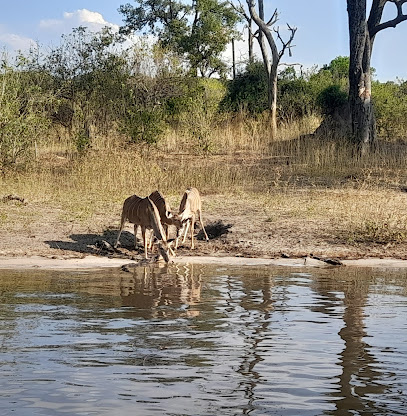
andBeyond Savute Under Canvas
Experience an intimate Botswana safari at this luxury tented camp in Chobe National Park's remote Savute region, known for its unique wildlife.
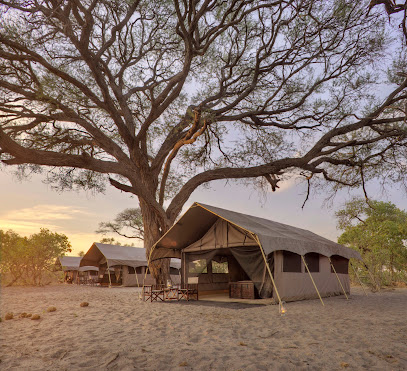
Unmissable attractions to see
Moremi Game Reserve
Explore Botswana's premier wildlife reserve, offering diverse ecosystems and unparalleled safari experiences in the heart of the Okavango Delta.
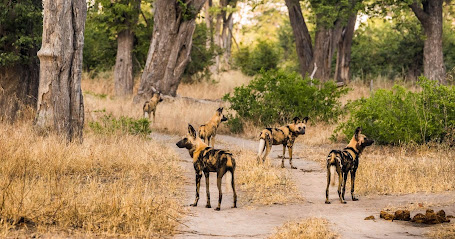
Sedudu Gate
Enter the wild heart of Botswana through Sedudu Gate, your access point to the breathtaking Chobe National Park and unforgettable wildlife encounters.
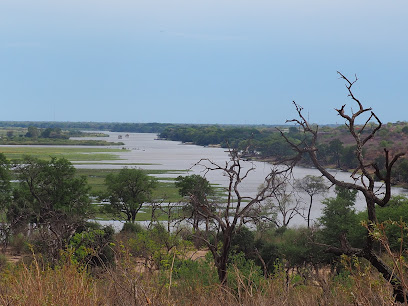
Nxai Pan National Park
Explore Botswana's Nxai Pan National Park: Witness massive migrations, ancient baobabs, and stunning Kalahari landscapes. A unique safari adventure awaits!
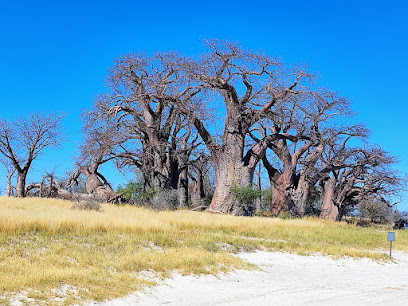
CARACAL
Discover Botswana's wildlife up close at CARACAL, an ecological park dedicated to conservation and education in Kasane.
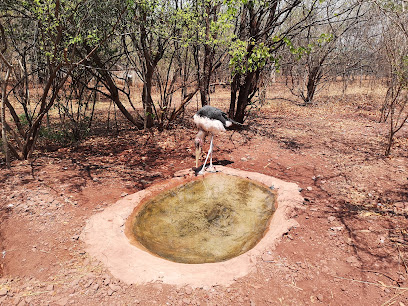
Baines Baobabs
Discover the enchanting beauty of Baines Baobabs, home to ancient trees and breathtaking landscapes in Botswana's wilderness.
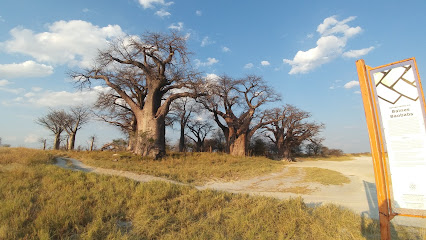
Chobe National Park Stretch Point
Experience the raw beauty of Botswana at Chobe National Park Stretch Point, a haven for wildlife and stunning sunsets.
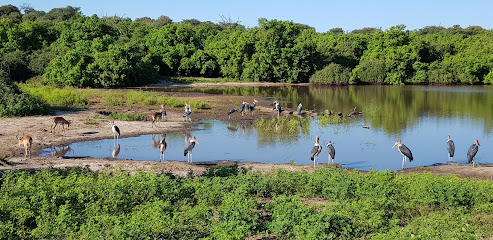
Ghoha Hills Savuti Lodge
Experience luxury in the heart of Botswana's Chobe National Park at Ghoha Hills Savuti Lodge, with stunning views and exceptional wildlife encounters.
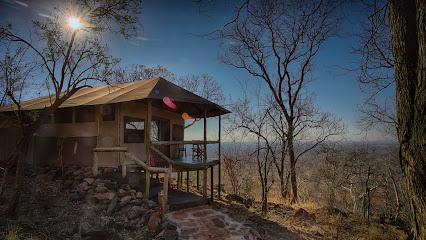
Chobe Morning River Safari
Experience the magic of the Chobe River with a morning safari, witnessing elephants, hippos, and stunning birdlife in their natural habitat.
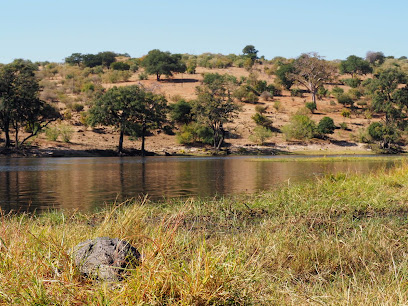
Moae Campsite
Experience Botswana's wilderness at Moae Campsite: Serene campground with wildlife, stargazing, and authentic outdoor adventures.
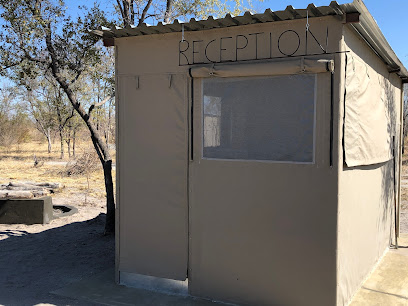
Namatanga - Mokoro Station
Discover the tranquil beauty of the Okavango Delta with traditional mokoro excursions from Namatanga - Mokoro Station in Paranatungu, Botswana.

Spirit of Adventure
Discover Botswana's beauty and culture at Spirit of Adventure in Lesoma: nature, wildlife, and authentic traditions await your adventure.

NG/15 (Linyanti Sable Safaris)
Explore Botswana's untamed Linyanti: a premier wildlife reserve with stunning landscapes, diverse habitats, and exceptional safari adventures.

Maikaelelo Forest Reserve
Discover Botswana's hidden gem: Hike through lush woodlands, spot diverse wildlife, and immerse yourself in the tranquility of Maikaelelo Forest Reserve.

Essential places to dine
Chobe Safari Lodge
Discover breathtaking wildlife and luxurious comfort at Chobe Safari Lodge - your gateway to Botswana's natural wonders.

Cresta Mowana Safari Resort and Spa
Discover luxury amidst breathtaking wildlife at Cresta Mowana Safari Resort and Spa along the beautiful Chobe River.

Chobe National Park
Explore Chobe National Park - A Wildlife Paradise in Botswana Offering Unforgettable Safari Adventures Amidst Stunning Natural Beauty.
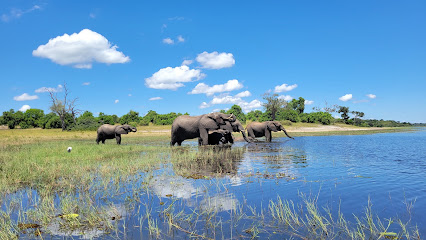
Chobe Marina Lodge
Experience luxury amidst nature at Chobe Marina Lodge - your gateway to Botswana's rich wildlife and stunning landscapes.

Cresta Jwaneng
Experience unparalleled comfort at Cresta Jwaneng – your home away from home in Botswana's vibrant city.
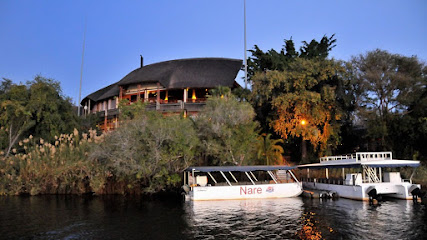
Cresta President Hotel
Experience comfort and convenience at Cresta President Hotel while exploring the vibrant culture and attractions of Gaborone.
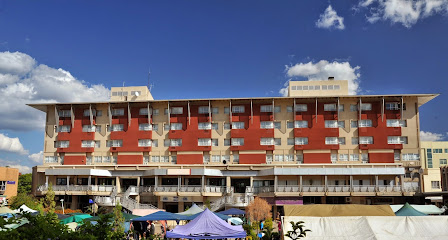
Travelodge Kasane
Stay at Travelodge Kasane for modern comfort while exploring the breathtaking wildlife and scenery of Botswana's Chobe National Park.

The Old House
Experience comfort and culture at The Old House in Kasane - your perfect getaway to explore Botswana's stunning wildlife and landscapes.
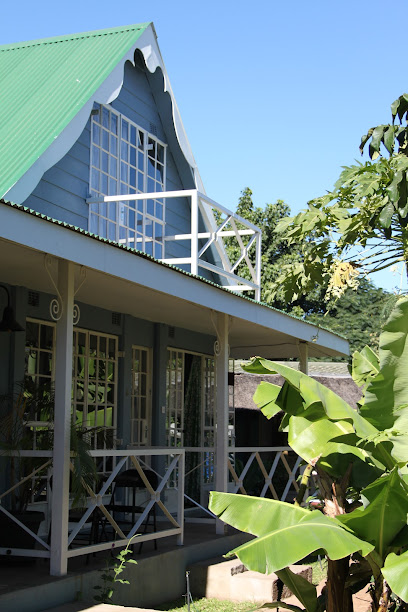
Chobe Game Lodge
Experience unparalleled luxury amidst Botswana's wild beauty at Chobe Game Lodge - your gateway to unforgettable safaris.
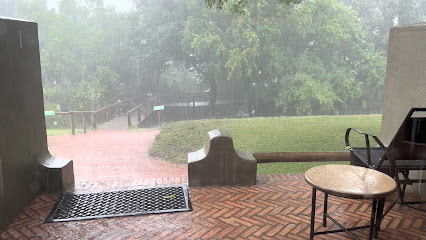
Chobe River Camp, Gondwana Collection Namibia
Discover family-friendly adventure at Chobe River Camp along Namibia's breathtaking Chobe River with wildlife encounters and serene lodging.
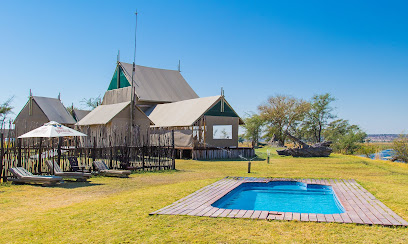
Pizza Plus Coffee & Curry
Discover the flavors of Botswana at Pizza Plus Coffee & Curry - where delicious pizzas meet aromatic curries in Kasane.
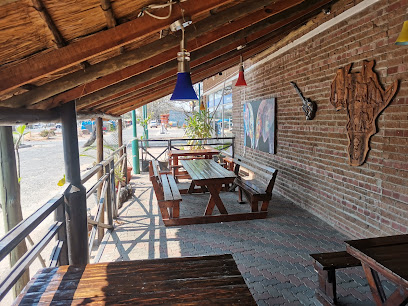
Chobe Bush Lodge
Experience luxury amidst nature at Chobe Bush Lodge - your gateway to Botswana's breathtaking wilderness.
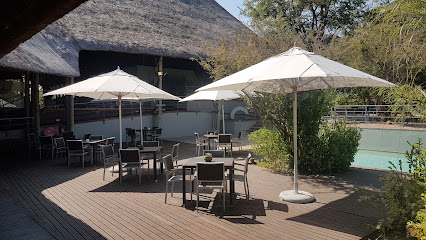
Big 5 Toro Lodge
Discover tranquility at Big 5 Toro Lodge while exploring Botswana's natural wonders; your gateway to adventure awaits in Kasane.

Chobe Bakwena Lodge
Discover tranquility and adventure at Chobe Bakwena Lodge - your gateway to Botswana's stunning wildlife and landscapes.

Water Lily Lodge
Discover tranquility at Water Lily Lodge in Kasane - your gateway to Chobe National Park's breathtaking wildlife adventures.
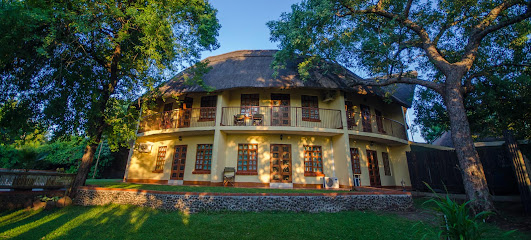
Markets, malls and hidden boutiques
Chobe Safari Lodge
Discover the beauty of Botswana at Chobe Safari Lodge, your gateway to unforgettable wildlife adventures and serene river views.
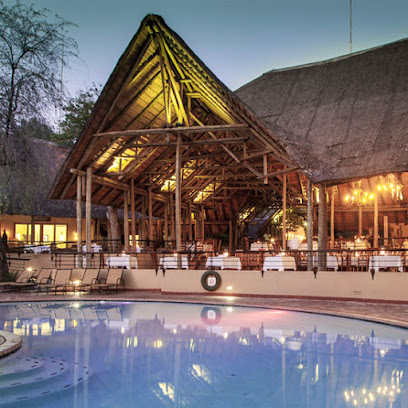
Chobe National Park
Explore the breathtaking beauty of Chobe National Park, Botswana's wildlife paradise with diverse ecosystems and unforgettable safari experiences.
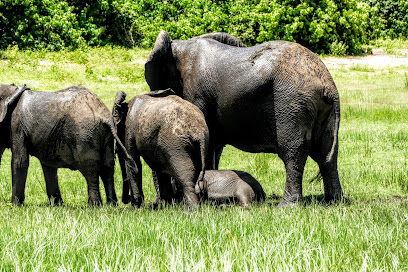
The Old House
Experience comfort and local flavor at The Old House in Kasane, your gateway to Botswana's natural wonders.
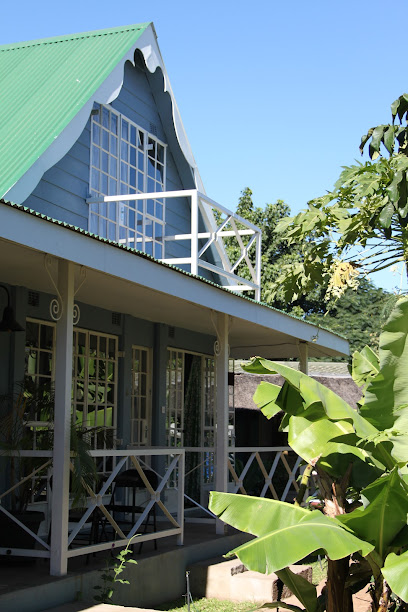
Chobe Game Lodge
Experience unparalleled luxury at Chobe Game Lodge, your gateway to the majestic wildlife and breathtaking landscapes of Chobe National Park.
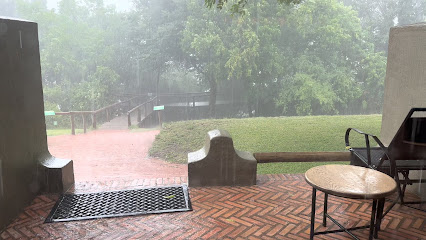
Choppies
Experience the vibrant shopping scene at Choppies in Kasane, your go-to supermarket for fresh produce and local delicacies.

The Big 5 Chobe Lodge
Discover the beauty of Botswana at The Big 5 Chobe Lodge, your gateway to Chobe National Park's incredible wildlife and breathtaking landscapes.

Kubu Lodge, Chobe
Experience the ultimate blend of comfort and adventure at Kubu Lodge, Chobe, your gateway to Botswana's breathtaking wildlife and natural beauty.

Chobe River Cottages
Discover tranquility and adventure at Chobe River Cottages in Kasane, Botswana, your gateway to the stunning Chobe National Park.
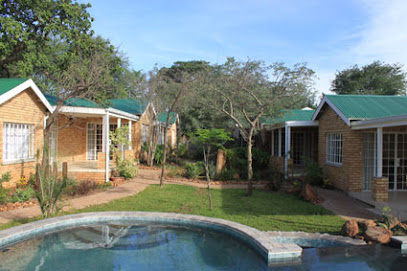
Savute Elephant Lodge, A Belmond Safari, Botswana
Discover the Luxury and Adventure of Savute Elephant Lodge in Chobe National Park, Botswana, where wildlife encounters and stunning landscapes await.

Sanctuary Chobe Chilwero
Experience luxury and wildlife adventure at Sanctuary Chobe Chilwero, nestled in Botswana's breathtaking Chobe National Park.

Muchenje Safari Lodge
Experience the ultimate blend of luxury and wilderness at Muchenje Safari Lodge, a premier destination in Botswana's Chobe region.

Chobe Elephant Camp
Experience the wild beauty of Botswana at Chobe Elephant Camp, where luxury meets nature in Chobe National Park's stunning landscapes.
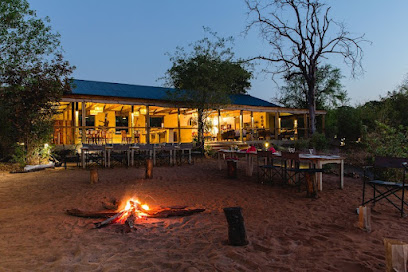
Kasane Computers
Discover top-notch computer accessories, camera gear, and reliable internet services at Kasane Computers in the heart of Kasane, Botswana.
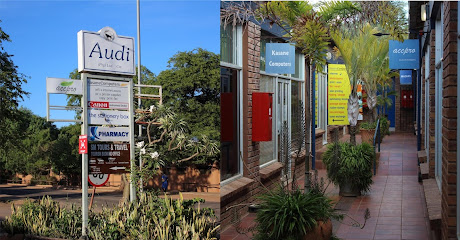
Panda Food
Explore the local culinary delights at Panda Food in Pandamatenga, a treasure trove of flavors and fresh produce.
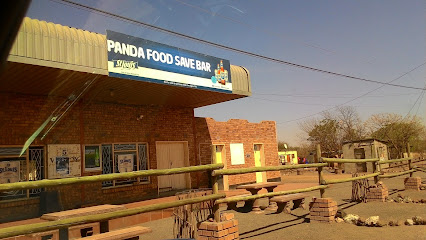
Jackalberry Chobe
Discover the perfect blend of comfort and adventure at Jackalberry Chobe, your gateway to the stunning wildlife of Chobe National Park.

Essential bars & hidden hideouts
Chobe Marina Lodge
Experience the beauty of Botswana's wilderness at Chobe Marina Lodge, where luxury meets adventure along the Chobe River.

Nando's Kasane
Discover the vibrant flavors of flame-grilled chicken at Nando's Kasane, where Portuguese and South African culinary traditions come alive.
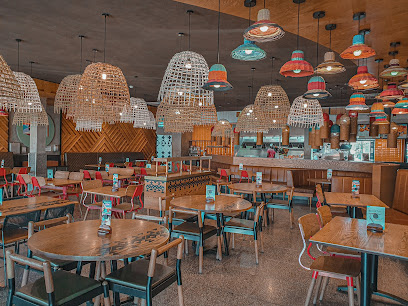
The Old House
Discover the charm of The Old House in Kasane, where comfort meets adventure amidst Botswana's stunning wildlife and natural beauty.
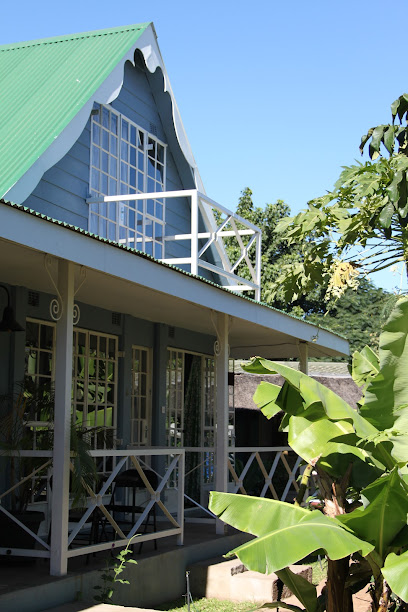
Chobe Game Lodge
Explore the lush landscapes and rich wildlife of Chobe National Park from the luxurious Chobe Game Lodge, your gateway to adventure and relaxation.
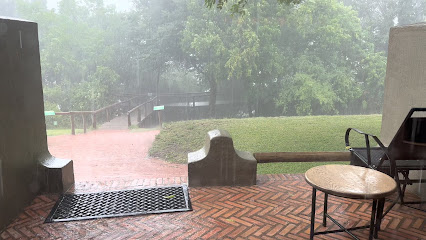
Pizza Plus Coffee & Curry
Experience the vibrant flavors of India and Italy at Pizza Plus Coffee & Curry in Kasane – a must-try for every culinary enthusiast.
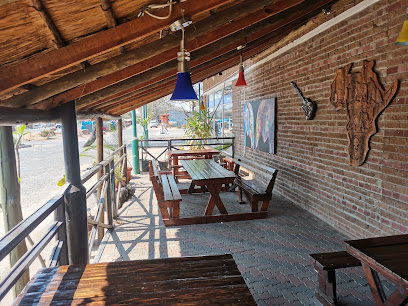
Water Lily Lodge
Experience the tranquility of nature at Water Lily Lodge, your gateway to the wonders of Kasane and Chobe National Park.
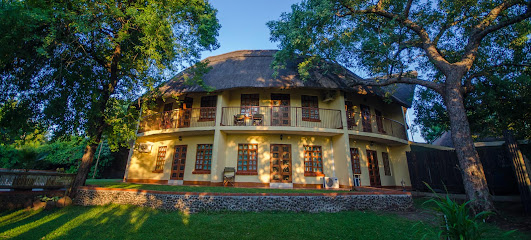
Savute Elephant Lodge, A Belmond Safari, Botswana
Discover the luxury of Savute Elephant Lodge in Botswana's Chobe National Park, where breathtaking wildlife encounters meet elegant accommodations.

The Coffee Buzz
Discover the heart of Kasane at The Coffee Buzz, where rich flavors and a welcoming atmosphere create unforgettable moments.
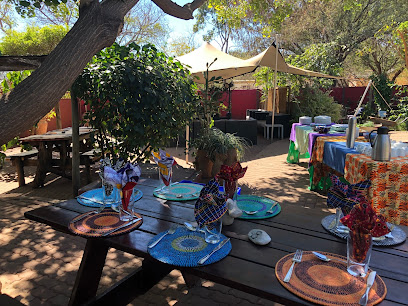
Chobe Elephant Camp
Experience the enchanting wildlife of Chobe National Park at Chobe Elephant Camp, where comfort meets nature's grandeur.
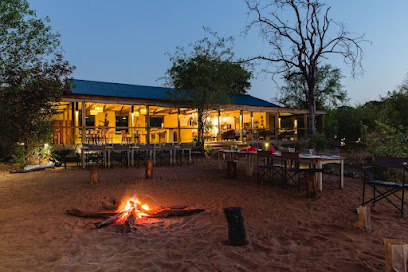
Tandurei
Experience the rich flavors of authentic Indian cuisine at Tandurei, a delightful restaurant in Kasane, Botswana.
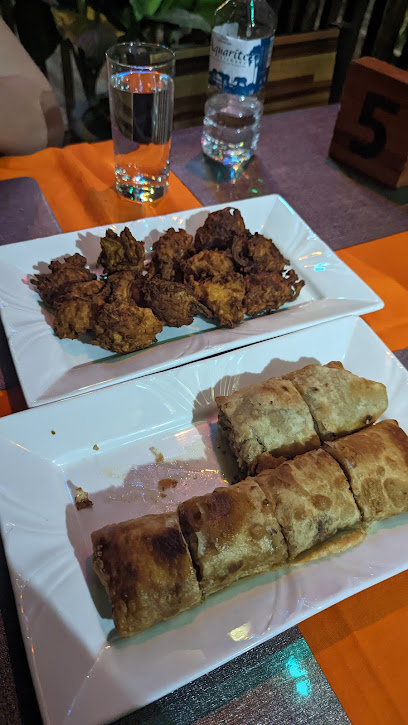
Chobe River Lodge
Discover the beauty of Chobe River Lodge, a tranquil escape in Botswana, offering stunning views, wildlife encounters, and luxurious comfort.
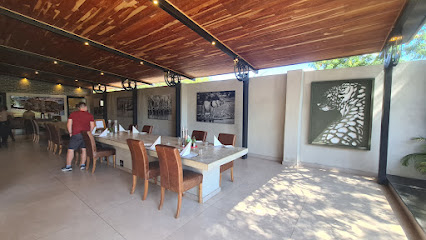
Thebe River Restaurant & Pizzeria
Experience the culinary delights at Thebe River Restaurant & Pizzeria in the heart of Kasane, Botswana, where local flavors meet international cuisine.
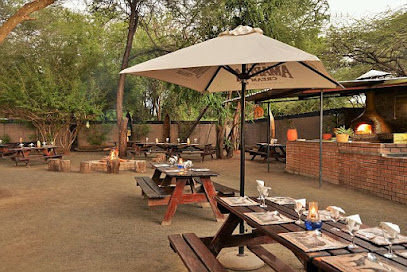
Under One Botswana Sky
Discover the beauty of Botswana from Under One Botswana Sky, a charming hotel offering comfort and adventure near Chobe National Park.
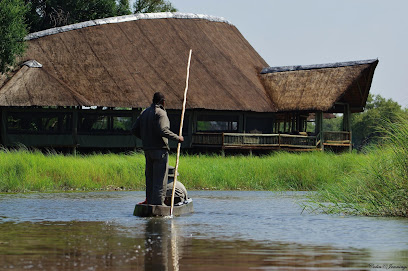
Halfway bottle store and shop
Experience the local charm at Halfway Bottle Store and Shop, where good drinks and great company meet in Seseke Sabanyai, Namibia.
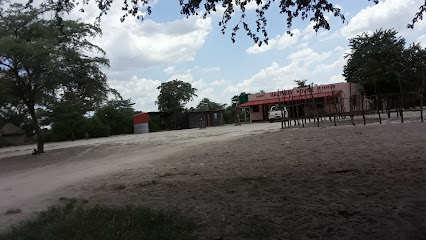
Local Phrases about Chobe National Park
-
- HelloDumela
[doo-meh-lah] - GoodbyeGabotse
[gah-bot-seh] - YesEe
[ee] - NoNnyaa
[nn-yah] - Please/You're welcomeKea leboga
[keh-ah leh-boh-gah] - Thank youKea rata
[keh-ah rah-tah] - Excuse me/SorryTsamaela
[tsah-mah-eh-lah] - How are you?Le kae?
[leh kah-eh?] - Fine. And you?Ke gona. O kae?
[keh goh-nah. oh kah-eh?] - Do you speak English?O bua setswana?
[oh boo-ah set-swah-nah?] - I don't understandGa ke itse
[gah keh eet-seh]
- HelloDumela
-
- I'd like to see the menu, pleaseKe kopa go bona menyoo, le kamoso
[keh koh-pah goh boh-nah men-yoo, leh kah-mo-so] - I don't eat meatGa ke ja nyama
[gah keh jah nyah-mah] - Cheers!Phakama!
[pah-kah-mah] - I would like to pay, pleaseKe kopa go dira selo, le kamoso
[keh koh-pah goh dee-rah seh-lo, leh kah-mo-so]
- I'd like to see the menu, pleaseKe kopa go bona menyoo, le kamoso
-
- Help!Tsamaya!
[tsah-mah-yah] - Go away!Lala!
[lah-lah] - Call the Police!Bua borwa!
[boo-ah bor-wah!] - Call a doctor!Bua ngaka!
[boo-ah ngah-kah!] - I'm lostKe nyaka
[keh nyah-kah] - I'm illKe simolla
[keh see-moh-lah]
- Help!Tsamaya!
-
- I'd like to buy...Ke kopa go rekela...
[keh koh-pah goh reh-keh-lah] - I'm just lookingKe tla nna ka tlase
[keh tlah nah kah tlah-seh] - How much is it?Ke bokae?
[keh boh-kah-eh?] - That's too expensiveKe e nnyaa
[keh eh nn-yah] - Can you lower the price?O ka raphela sephiri?
[oh kah rah-peh-lah seh-fee-ree?]
- I'd like to buy...Ke kopa go rekela...
-
- What time is it?Ke eo ke mang?
[keh eh-oh keh mah-ng?] - It's one o'clockKe e otlhe
[keh eh oh-tlheh] - Half past (10)Mookameli wa sephiri
[moh-kah-meh-lee wah seh-fee-ree] - MorningNtwa
[nn-twah] - AfternoonGa gole
[gah goh-leh] - EveningKgonya
[koh-nyah] - YesterdayLefatshe la tse dingwe
[leh-faht-sheh lah tseh ding-weh] - TodayLefatshe le
[leh-faht-sheh leh] - TomorrowLefatshe lena
[leh-faht-sheh leh-nah] - 1Tsepedi
[tseh-peh-dee] - 2Bobedi
[boh-beh-dee] - 3Boraro
[boh-rah-roh] - 4Bone
[boh-neh] - 5Boroko
[boh-roh-koh] - 6Seroto
[seh-roh-toh] - 7Supa
[soo-pah] - 8Robona
[roh-boh-nah] - 9Sinentlha
[see-nehn-tlah] - 10Lesome
[leh-soh-meh]
- What time is it?Ke eo ke mang?
-
- Where's a/the...?Kae e le...
[kah-eh eh leh...] - What's the address?E kae sepatlo?
[eh kah-eh seh-pah-tloh?] - Can you show me (on the map)?O ka nka bona (go tsebelela setlankane)?
[oh kah ng-kah boh-nah (goh tseh-beh-leh-lah set-lahn-kah-neh)?] - When's the next (bus)?Ke mang moo e nang?
[keh mah-ng moh eh nah-ng?] - A ticket (to ....)Sekete (go ....)
[seh-keh-teh goh ....]
- Where's a/the...?Kae e le...
History of Chobe National Park
-
Long before the establishment of Chobe National Park, the area was inhabited by indigenous tribes such as the Basubiya and Bayei people. These communities have lived in harmony with the land for centuries, relying on the Chobe River for fishing, water, and agriculture. Their rich cultural heritage includes traditional fishing techniques, basket weaving, and folklore that offer a glimpse into the early life in the region.
-
During the late 19th and early 20th centuries, European explorers and colonialists began to venture into the Chobe region. Notably, the area became a hunting ground for big game hunters. Many of the wealthy European hunters, including British royalty, frequented Chobe for its abundant wildlife, leading to a significant decline in animal populations. This period marked the beginning of external influences on the region's natural resources.
-
In 1931, the colonial administration recognized the need to protect the dwindling wildlife populations and established the Chobe Game Reserve. This initial step was crucial in the conservation efforts of the region. The reserve aimed to curb hunting activities and preserve the unique biodiversity of the area. It laid the groundwork for future conservation policies and the eventual formation of Chobe National Park.
-
Chobe National Park was officially proclaimed in 1967, a few months after Botswana gained independence from British rule. Covering an area of approximately 11,700 square kilometers, it became the country's first national park. The park's establishment was a significant milestone in Botswana's commitment to wildlife conservation, and it aimed to protect the diverse ecosystems and numerous species that inhabit the region.
-
One of the most notable phenomena in Chobe National Park's history is the exponential growth of its elephant population. By the 1990s, the park had one of the highest concentrations of elephants in Africa. This population boom, while a testament to successful conservation efforts, also presented challenges such as habitat degradation and human-wildlife conflict. Strategies and policies were developed to manage and balance the growing elephant numbers with the park's ecological health.
-
In recent decades, Chobe National Park has become a global symbol of successful wildlife conservation and eco-tourism. Various initiatives have been implemented to ensure the sustainable management of the park's natural resources. Community-based tourism projects involve local communities in conservation efforts while providing economic benefits. The park is now a premier destination for wildlife enthusiasts, offering unforgettable experiences such as game drives, river cruises, and photographic safaris.
Chobe National Park Essentials
-
Chobe National Park is located in northern Botswana. The nearest international airport is Kasane International Airport (BBK), which is just a few kilometers from the park entrance. Alternatively, visitors can fly into Victoria Falls International Airport (VFA) in Zimbabwe or Harry Mwanga Nkumbula International Airport (LVI) in Zambia, both of which are about 1-2 hours' drive from the park. From these airports, you can hire a taxi or arrange for a transfer service to Chobe. Self-driving is also an option, with well-maintained roads leading to the park from major cities in Botswana, Namibia, and Zambia.
-
Within Chobe National Park, the most common mode of transportation is a 4x4 vehicle, which is essential for navigating the park's rugged terrain. Many visitors opt for guided game drives offered by lodges and tour operators. For those staying in Kasane, a town adjacent to the park, taxis and shuttle services are available to take you to the park entrance. Boat safaris along the Chobe River are also popular and can be arranged through various tour operators. Public transportation options are limited, so renting a car or booking guided tours is advisable.
-
The official currency in Botswana is the Botswana Pula (BWP). Credit cards are widely accepted at hotels, lodges, and major tourist establishments in Kasane and within the park. However, it is advisable to carry some cash for smaller vendors, tips, and emergencies. ATMs are available in Kasane, but their availability might be limited within the park itself. It's a good idea to exchange currency or withdraw cash prior to entering more remote areas of the park.
-
Chobe National Park is generally safe for tourists, but it is important to take standard precautions. Avoid walking alone at night, especially in areas with wildlife. Keep your belongings secure and be cautious when interacting with strangers. Petty crime, such as pickpocketing, can occur in busy areas like Kasane. Always follow the instructions of your tour guides and avoid approaching or feeding wild animals. Be aware of your surroundings and stay vigilant, especially when on self-guided tours.
-
In case of an emergency, dial 999 for immediate assistance. Kasane has a hospital that can handle medical emergencies, and there are clinics within the vicinity of the park. It's highly recommended to have travel insurance that covers medical emergencies and evacuation. For minor health issues, there are pharmacies in Kasane where you can purchase over-the-counter medications. Lodges and tour operators often have first aid kits and can assist in case of minor injuries.
-
Fashion: Do wear lightweight, neutral-colored clothing suitable for safari activities. Avoid bright colors that can attract insects or disturb wildlife. Religion: Do respect local customs and traditions. Botswana is a predominantly Christian country, but traditional beliefs are also practiced. Public Transport: Do plan your transportation in advance, as public transport options are limited. It's best to arrange for transfers or guided tours. Greetings: Do greet people with a handshake. In more formal settings, a slight bow of the head can show respect. Eating & Drinking: Do try local dishes and be open to experiencing new flavors. Don't waste food, as it is considered disrespectful. Always drink bottled or purified water to avoid water-borne illnesses.
-
To experience Chobe National Park like a local, visit during the dry season (May to October) when wildlife is more concentrated around water sources. Engage with local guides who can offer invaluable insights into the park's ecosystem and wildlife behaviors. Participate in community-based tourism projects to support local communities and gain a deeper understanding of the area's culture and traditions. Don't miss the chance to take a sunset cruise on the Chobe River, which offers spectacular views and excellent wildlife spotting opportunities.
Nearby Cities to Chobe National Park
-
Things To Do in Kasane
-
Things To Do in Victoria Falls
-
Things To Do in Livingstone
-
Things To Do in Maun
-
Things To Do in Hwange
-
Things To Do in Francistown
-
Things To Do in Rundu
-
Things To Do in Serowe
-
Things To Do in Kariba
-
Things To Do in Selebi-Phikwe
-
Things To Do in Lusaka
-
Things To Do in Palapye
-
Things To Do in Mahalapye
-
Things To Do in Gweru
-
Things To Do in Kabwe







